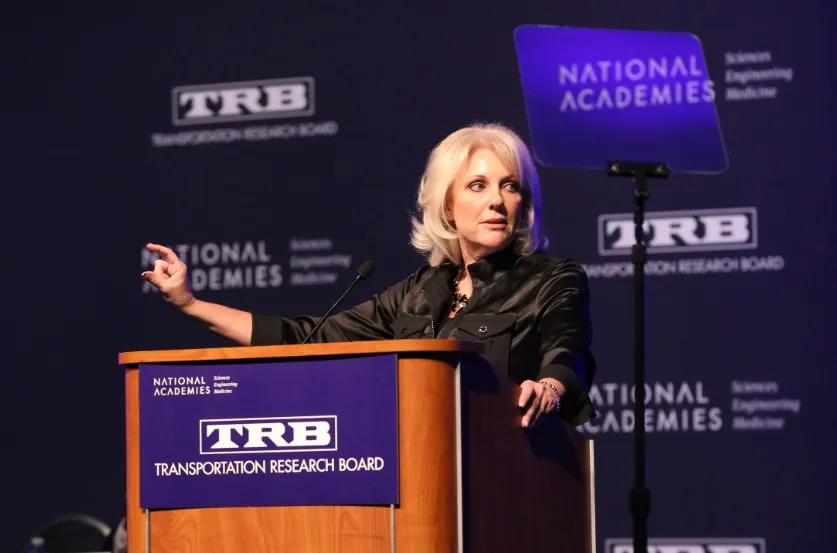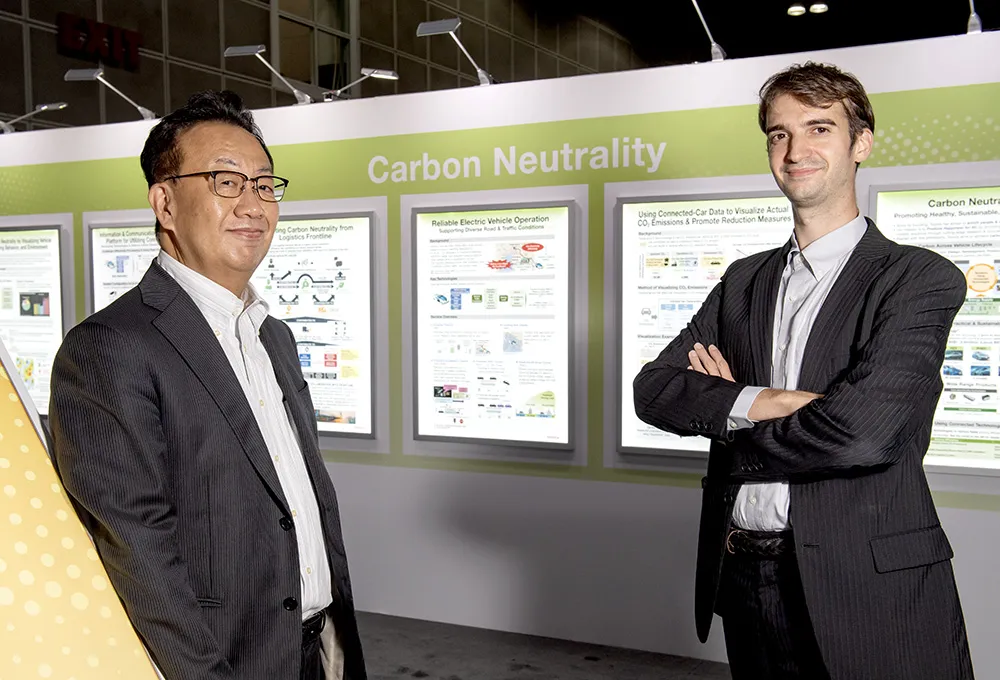StreetScooters equipped with the filter are said to generate no carbon dioxide, nitrogen oxide, noise or particulates under consideration of the overall balance during driving operations.
The filter has an active filter system and blowers located behind to direct ambient air to the filters, allowing it to operate at a standstill. It is positioned on the underbody at the height of the rear axle where the highest concentration of particulates is found near to the vehicle. All filters are equipped with sensors to monitor the efficiency online. M+H records the filtration performance, amount of cleaned air, concentration of particulates and the weather data. It is then sent to a cloud and evaluated by filtration experts.
Alfred Weber, chief executive officer, at M+H said: "More and more people at our locations ranging from Ludwigsburg to Bangalore and Shanghai are suffering from the consequences of air pollution and who else apart from a filtration expert such as us is going to find a solution?".
Weber added that the legislator should concentrate on prescribing limit values and check for compliance while allowing space for the scientific and industrial representatives and their developers to solve how the limit values can be met.
“The coming together of the biggest logistics provider, the biggest producer of electric commercial vehicles in Germany and the global filtration expert has made driving and delivery operations possible in city centres which is neutral in terms of emissions."
Mann+Hummel deploys particulate filter to StreetScooter vehicles
To combat particulates caused from electric vehicles’ (EVs) tire, brake and road abrasion, Mann+Hummel (M+H) has developed a dust filter for five StreetScooter test vehicles used by the Deutsche Post DHL Group in five German city centres. Findings from the trial could be used to provide a basis for broader implementation of the solution.
December 22, 2017
Read time: 2 mins
To combat particulates caused from electric vehicles’ (EVs) tire, brake and road abrasion, Mann+Hummel (M+H) has developed a dust filter for five StreetScooter test vehicles used by the Deutsche Post DHL Group in five German city centres. Findings from the trial could be used to provide a basis for broader implementation of the solution.










